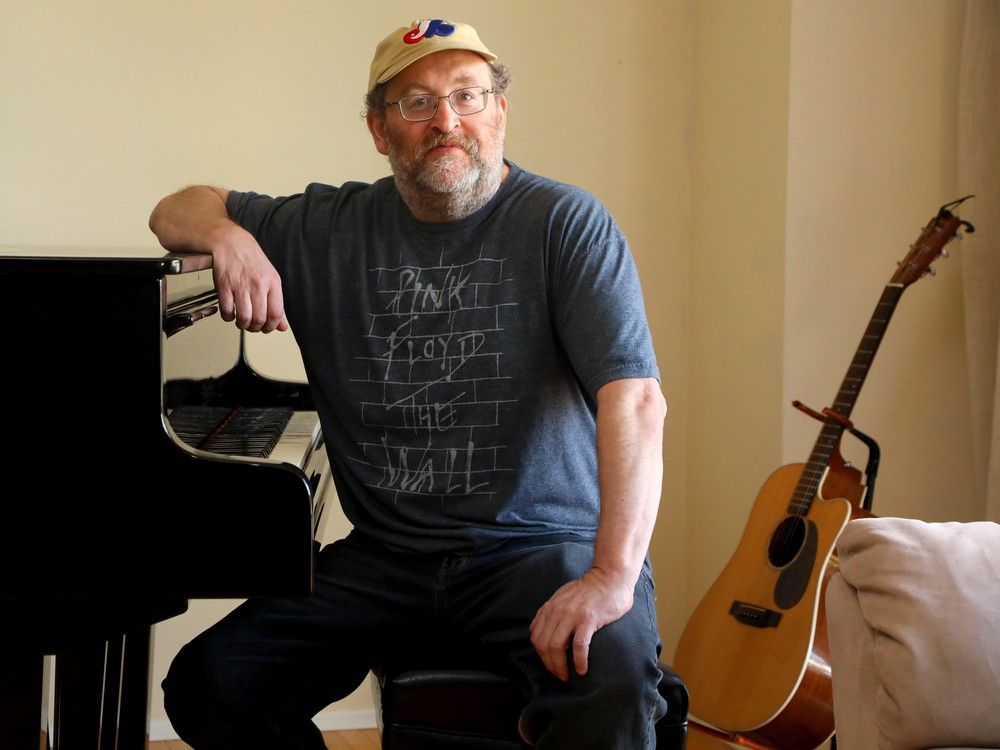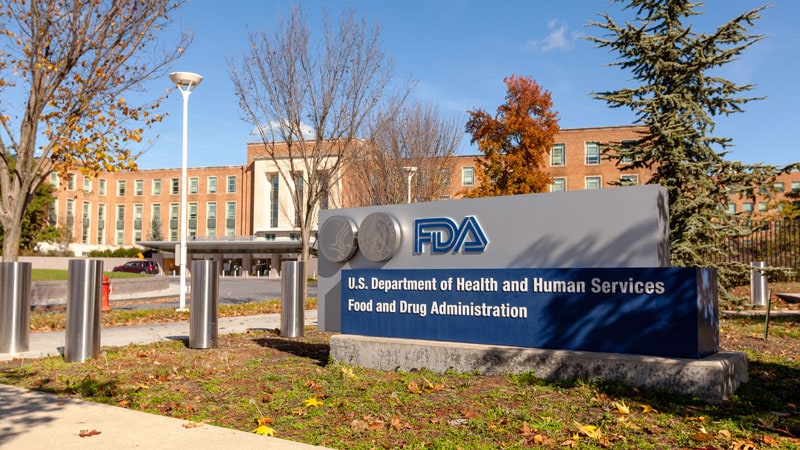The need for mental health care in children and adolescents has been surging; rates of suicide and self-harm are increasing, and, like hospitals, primary care practices are struggling with an influx of patients. Properly supported, these practices can provide behavioral health services to children and teens. But in a national study led by Alyna Chien, MD, research director in the Division of General Pediatrics at Boston Children’s Hospital, more than 85 percent of multi-physician practices caring for children reported difficulty in obtaining advice and consultations.
The findings, published in the Annals of Family Medicine, draw on data from the National Survey of Healthcare Organizations and Systems (2017-2018).
“Behavioral health care needs have spiked during the COVID-19 pandemic, so these figures likely underestimate how frequently practices are experiencing difficulty delivering services today,” says Chien, the study’s first author. “I hope our findings will help people understand how hard it’s been for pediatric primary-care physicians to fulfill their role on the frontline of behavioral health.”
The survey identified 1,410 multi-physician practices that care for children (primarily family medicine practices) and asked them to rate their degree of difficulty in obtaining medication advice, evidence-based psychotherapy, and family based therapy. The survey response rate was 47 percent.
Overall, 86 percent of practices had difficulty obtaining medication advice, 87 percent had trouble obtaining psychotherapy, and 89 percent had difficulty obtaining family-based treatment.
Practices owned by health care systems experienced difficulty in obtaining pediatric behavioral health advice and services at the same rates as independent practices, even though system-owned practices tend to be larger with access to more physicians. However, practices with a Medicaid accountable care organization contract had somewhat less trouble obtaining medication advice (81 percent vs. 89 percent for non-ACO practices) and evidence-based psychotherapy (81 percent vs. 90 percent).
Finally, in adjusted analyses, rural practices had significantly more difficulty obtaining pediatric behavioral health advice and related services than their nonrural counterparts.
The numbers contrast with those of the most recent survey in 2004-2005, in which 67 percent of health care providers (combining pediatric and adult providers) reported trouble accessing behavioral health services.
“This study shows that even before the current COVID-19 pandemic, pediatric primary care practices struggled to get the therapeutic advice they needed to deliver behavioral health care to children,” says Chien. “With the pandemic, the need for behavioral health reinforcements for pediatric primary care practices is even greater.”
More information:
Alyna T. Chien et al, Difficulty Obtaining Behavioral Health Services for Children: A National Survey of Multiphysician Practices, The Annals of Family Medicine (2022). DOI: 10.1370/afm.2759
Citation:
Amid pressing mental health needs in children, primary care practices struggle to get help (2022, January 25)
retrieved 12 February 2022
from https://medicalxpress.com/news/2022-01-mental-health-children-primary-struggle.html
This document is subject to copyright. Apart from any fair dealing for the purpose of private study or research, no
part may be reproduced without the written permission. The content is provided for information purposes only.
Note: This article have been indexed to our site. We do not claim legitimacy, ownership or copyright of any of the content above. To see the article at original source Click Here













